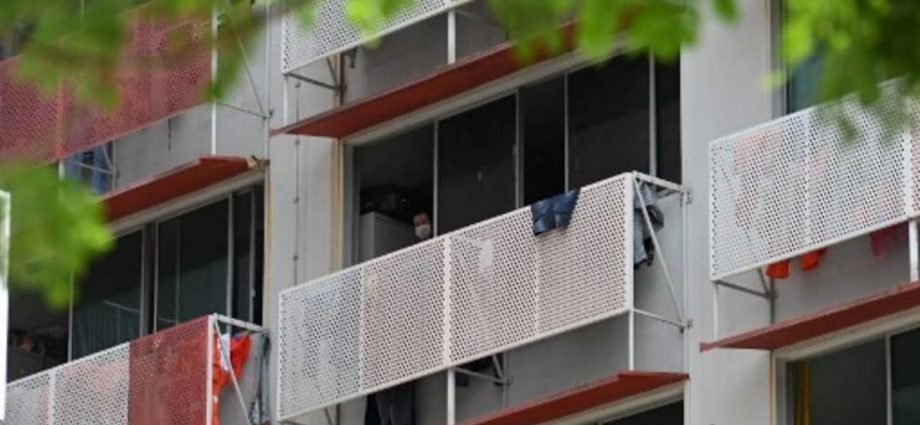
FOUR LICENCE CLASSES
Dormitories will fall under four licence classes depending on their size, with a set of essential living requirements such as minimum space per resident, maximum room occupancy, cleanliness and ventilation to be applied to all classes.
Dormitories with seven beds to 999 beds will be subject to new requirements in the areas such as reporting requirements, traffic management, and contingency plans for public health outbreaks.
Larger dormitories will also be subject to more stringent requirements on dormitory management, resident welfare and health and safety.
Those with 1,000 beds or more will not see any change in requirements as they are already licensed under FEDA.
Senior Minister of State for Manpower Koh Poh Koon said on Tuesday that having different licence classes ensures that the requirements can be met by dormitories of different sizes.
Noting that smaller dormitories might have fewer resources, Dr Koh said MOM will work closely with stakeholders on the progressive implementation of FEDA over the next two years to minimise any disruption to dormitory operations.
In response to questions about why FEDA will only apply to dormitories with seven beds or more, MOM said this is aligned to the current occupancy cap of up to six unrelated people for public and private housing.
It added that all dormitories with six or fewer residents are run by employers, who are regulated by the Employment of Foreign Manpower Act. That Act sets out requirements to protect the well-being of workers, among other things.
Dormitory Association of Singapore Limited (DASL) council member Eugene Aw said factory-converted dormitories are likely to feel the biggest impact from the expansion of FEDA.
“The challenge and what a lot of owner-operators are concerned (about) at this point in time is the potential increase in costs,” he said, adding that this is mainly administration costs.
“However, after discussions with relevant government authorities, we are of the view that it is manageable and the expansion of FEDA at this point in time pertains mainly to a lot of improvements in terms of management.”
DSAL said it will support the industry in adjusting to the new requirements through active engagements and training programmes.
It added that it is working closely with MOM to curate a training programme on compliance requirements and dormitory management best practices.

